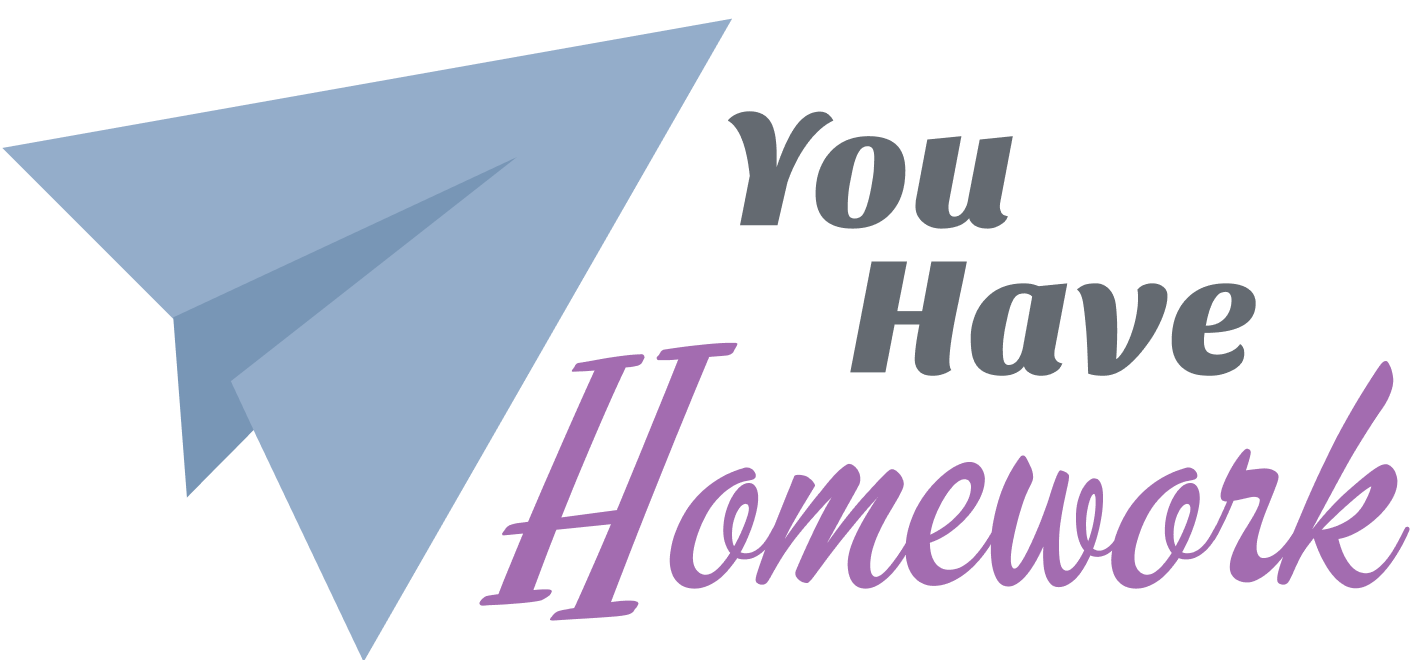How To Learn Cultural References
The last frontier to foreign language fluency

This article was originally published on my Medium site, and contains a few updates.
One night a few years back, I discovered the ultimate test to see whether someone my age was a spy on US soil. I was out with a friend from school and despite appearing to be a normal American, he was in disbelief and awe that his wife and I were able to spit bar after bar of the theme song from The Fresh Prince of Bel-Air.
But I think she and I were more surprised that he didn’t know it. While we knew he was born in Asia, nothing about him gave away not having a normal American childhood. After we had a laugh about those lyrics, which sounded silly outside of the 1990s, he explained that though he came over at a young age, he didn’t have friends for his first few years here because of the language barrier. And so, he missed out on one of the unifying aspects of our American childhood.
Everyone in my age range shares this cultural reference — even decades after The Fresh Prince of Bel-Air finished airing, we all know what comes after “chillin out, maxin, relaxin all cool.” Because back then, TVs didn’t come with that handy Skip Intro button Netflix graciously created for us.
I fell out of touch with my friend, so I’m not sure whether his wife sat him down to teach him the lyrics. With any luck, he still finds it a trip and recites a line out of the blue at inappropriate times.
Learning the cultural references of the native speakers of the language you are learning will take a lifetime. Unfortunately, they can’t be experienced in the same way as your peer group, but it will make your interactions more comfortable when you are familiarized with what shaped their cultural worldview.
What to learn
Television
What did everyone your age watch growing up?
Another great question to ask is what is considered to be a classic? A habit I picked up while digital nomading is joining a gym to keep myself fit. In Colombia, one of the exercises from the workout of the day was called chavitos. I asked one of the trainers, who was in his early 20s, what that word meant, and he explained it was named after the main character of an old-school Mexican TV show called El Chavo del 8. I thought it was funny someone his age would know about old programs, but then I remembered that the before-my-time I Love Lucy was one of my favorites growing up! Other than The Fresh Prince, of course.
Comedies are a great way to learn your new language as well — a play on words and subtle humor is not something you can learn in the classroom!
Movies
What were the iconic movies that everyone watched more than once?
A while ago, Hugo from InnerFrench posted a video about Bienvenue chez les Ch’tis, with some commentary (in French) on some of the regional prejudices that the citizens inside of the Hexagon have. Generally, the north of France is regarded by others as the boondocks, as we would call it in the US. The people are seen as unsophisticated, there’s nothing interesting to do, and the weather is the opposite of what is generally worshiped by the French — the beautiful Riviera sunshine. But of course, these are stereotypes, which is the important thing for French learners to understand.
Music
What songs will get the party started?
I suppose that depends on what type of party. The party your parents dragged you to as a kid, the parties you snuck out to as a teenager, and those from your 20s. What’s defined as nostalgic will probably be different depending on the age group, but it would be a good opportunity to relate to any new friends you may make when you’re out on the town after drinking a few too many.
Wikipedia is a great source for music information, like top-selling records or popular concerts in a particular country. I think this is particularly important for Americans because our music tends to dominate worldwide plays, but it’s not the only thing people around the world listen to. Especially pre-Spotify, we were a bit sheltered from the popular music outside of the country.
Literature
What did people your age read in high school and college?
Something I learned a while back was that Proust’s In Search of Lost Time is that big book French intellectuals pretend to have read. For Americans, that would probably be Moby Dick. Fiction is also a great way to learn more sophisticated vocabulary, especially adjectives, though it may not be useful in everyday conversation.
People may not have liked the books they were forced to read as a kid, but literature has a sharp way of reflecting what was going on in that author’s society at that time, just like art. Decades later, The Great Gatsby, Invisible Man, The Catcher in the Rye, and To Kill a Mockingbird have uncomfortable themes still relevant to today’s society in the US.
How to learn cultural references
Scrapbooking
I haven’t tried this, but it might be pretty fun if you are a visual person.
If I get around to doing something like this, I would dedicate a weekend every month to looking up, printing out, and then collaging the trends for a block of years. What was popular in the 1990s? Probably not Bruno Mars and Cardi B singing Finesse, but that was certainly a fun throwback!
Luckily, we no longer have to buy magazines and newspapers to create collages — everything is on the internet, ready to be printed out. Music videos, live performances, original book covers, and more can easily be captured with a screenshot.
I really like this idea of creating something physical, but a digital collage in Adobe Illustrator or Figma would do the job.
Interviewing
If you made a cinephile or DJ friend in your new country, maybe they will be nice enough to create a playlist for you and geek out about the little-known details most people are unaware of.
Alternatively, on platforms like iTalki, you can pay to talk to someone in your target language. This way, you can practice conversing with a stranger, and you also have the opportunity to get several points of view.
I would ask them what TV shows they watched as a kid, and what was before their time that they appreciate now as an adult. It would also be interesting to hear what their school days were like, and how they differed from my own.
